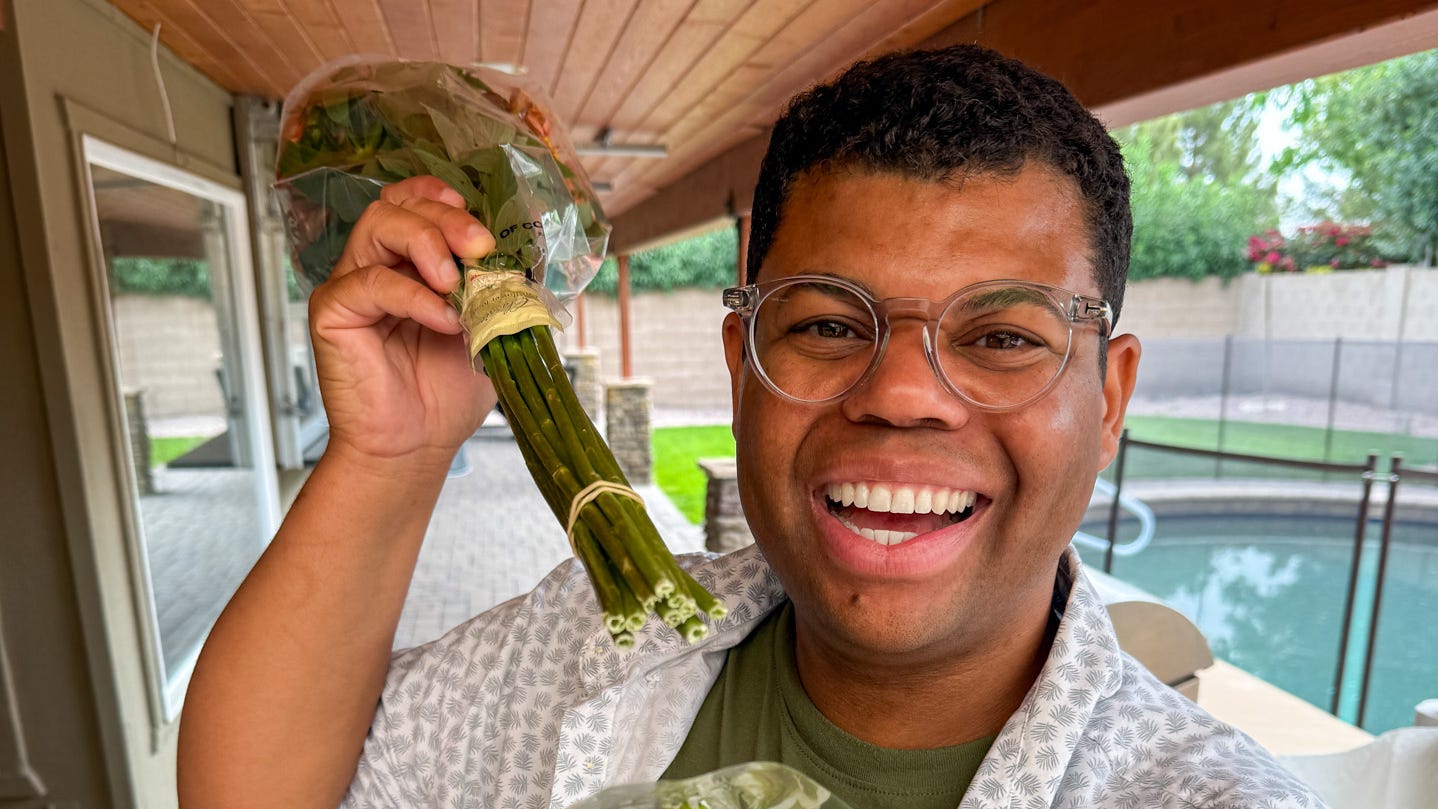What do moms really want for Mother's Day? We need to talk about it.

My husband asked me what I want for Mother’s Day. I said nothing.
It’s not that I don’t want anything, I just want nothing. I want to do nothing, I want to think nothing, I want to be nothing.
I don’t want to think about the weather and how to dress our daughter appropriately in the morning. I don’t want to think about what she’s eating throughout the day and if she’s getting the right nutrients. I don’t want to think about how much TV she’s watching and if she has the right shoes to go to the park.
A TikTok video with over 670,000 views detailing this phenomenon suggests I’m not alone.
"I don’t want to be in charge of a damn thing. I want to wake up when I want. I want to rot on the couch. I want someone else to figure it out – whatever 'it' may be," one user commented.
It’s called the mental load, said Shay Thomas, a licensed marriage and family therapist in Atlanta, Georgia.
"It's not just being mindful of what's going on with us, what we have to do for work and things around the house," she said. "It's also the mental energy to take care of other people."
The mental load is not only exhausting, Thomas said, it can also lead to harmful health effects.
In a 2024 study of 322 mothers, researchers from the University of Southern California found moms take on a greater share of mental labor, leading to higher levels of depression, stress and burnout.
"We carry stress in our body and it manifests into something like illnesses and we barely have time to go get a check-up from the doctor," said Thomas, who was unaffiliated with the study. "It becomes a cycle."
Some of the mental labor outlined in the study included keeping track of medical appointments, kids' mental health, tidying the house, extracurriculars, packing lunches, helping with homework, child care, bathing and grooming.
Mothers reported being responsible for about 73% of mentally demanding chores compared to their partners’ 27%, according to the study. They also handle 64% of physical tasks while their partners manage 36%.
Carrying this much mental labor can also lead to resentment and damage important relationships with loved ones, including partners and children, Thomas said.
But they're not entirely to blame. She said the mental load is also partially the result of generational and systemic factors that have been passed down from grandmothers and mothers to daughters.
“There’s almost like this badge of honor to be this self-sacrificing female,” Thomas said. “If you see other people getting applauded for that then there’s a part of you thinking that’s what you’re supposed to do, sometimes at the risk of your well-being.”
Although it’s difficult, she said it’s possible to break the cycle. The key to a successful conversation with your partner about equally sharing the mental load is by “realizing it’s not a battle” and entering the conversation with a “team mentality.”
Instead of tallying up who does more of what, she said partners should help each other identify a goal that leads to health, happiness and peace. And moms don't have to wait until Mother's Day to have that important conversation.
Adrianna Rodriguez can be reached at adrodriguez@usatoday.com.